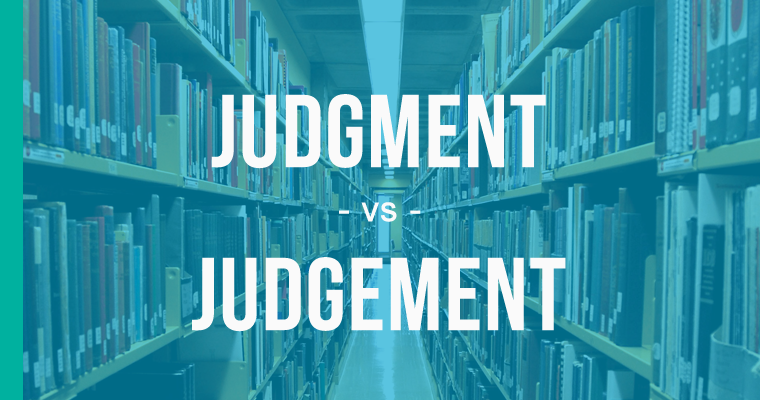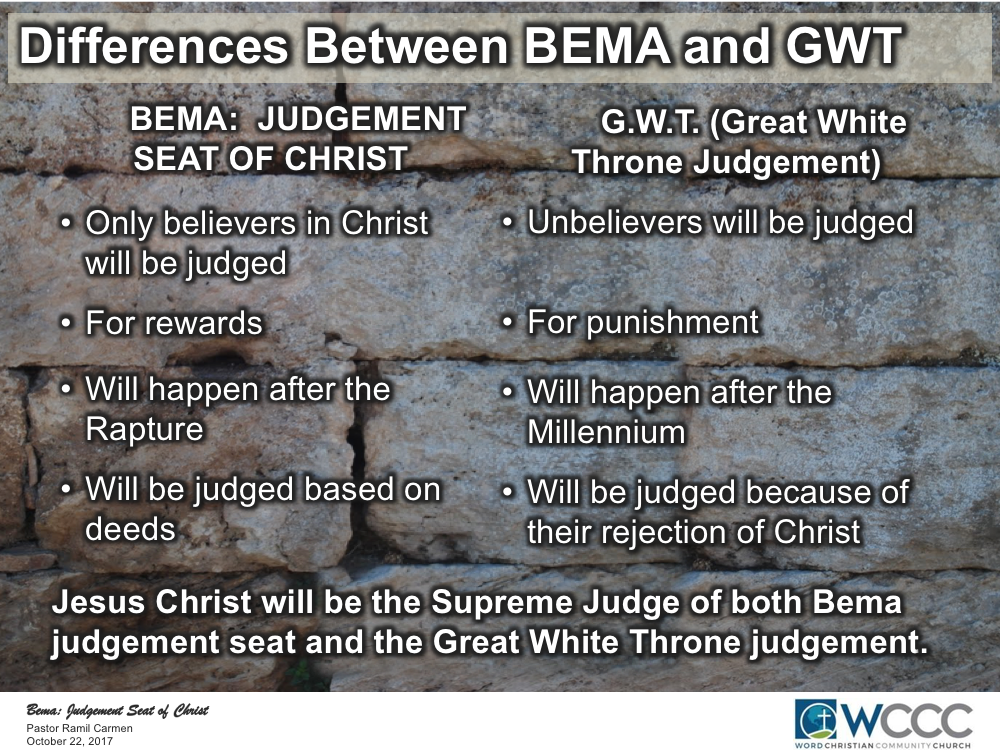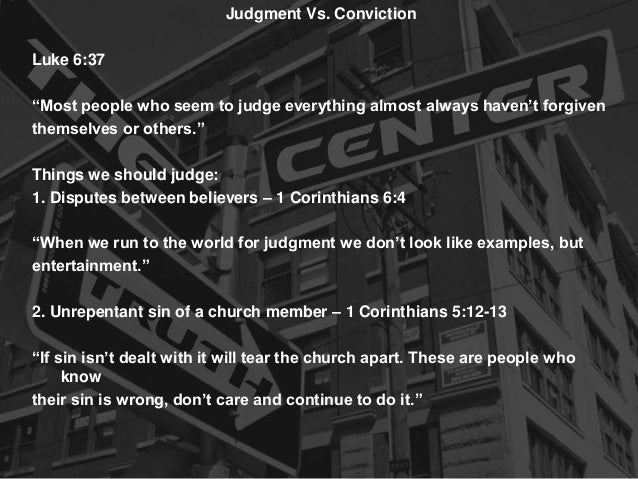

Once assets are identified, the enforcement officer can seize assets and sell them at an execution sale, applying the proceeds to the Judgment. The completed Information Subpoena will provide some, but not necessarily all, of this information to the Creditor. The levy on, or seizure of, a Judgment Debtor's personal property by the use of a property execution is the most common method for enforcing a money judgment. Before proceeding to the enforcement officer, the Sheriff, to execute the judgment, the Creditor must file a Transcript of Judgment with the County Clerk (UCCA 1505)( see below). After filing the Transcript of Judgment with the County Clerk, the Creditor must provide the enforcement officer, the Sheriff, with instructions identifying the property and its location, as well as the names and addresses of other people who must be served with the notice that the property is being seized. Once a Creditor receives the Information Subpoena or if the Creditor is already aware of the personal property of the Debtor, the Creditor may proceed with the execution of the Judgment. The Court will then schedule a date for the other party to provide the Information Subpoena to the Court, or appear in Court to explain why the information has not been provided. If that party fails to appear on the date set, the Court will issue a Contempt Order and the person shall be in contempt of court until they provide the information demanded. A Creditor may commence a contempt proceeding by filing the proof of service (for example: the certified mail receipt) of the Information Subpoena with the Court. If you do not receive a response to the Information Subpoena, you may commence a contempt proceeding against the individual who failed to answer the Subpoena. The individual or institution directed to answer the questions must do so within seven (7) days of receipt.

It is recommended that you mail the forms by certified mail, return receipt requested, so that you can provide proof of mailing to the Court in the event that the completed Questions are not returned to you. You must mail the cover letter, both sets of Questions, and a prepaid, addressed return envelope to the individual or institution being asked to answer the questions.

Upon the filing of a request for an Information Subpoena and payment of the filing fee, the City Court Clerk will provide you with the Subpoena, which consists of two sets of Questions and a cover letter. (Although usually served on the Judgment Debtor, an Information Subpoena may be served on another person or corporation, such as a bank, that has knowledge regarding the Debtor's assets.) An INFORMATION SUBPOENA is a legal document that directs the Debtor to answer certain questions regarding the existence and location of assets as well as employment and wage information. To learn the Debtor's assets, a Creditor may request an INFORMATION SUBPOENA from the City Court for a fee. The enforcement officer of City Court is the County Sheriff (UCCA Section 105).īefore the County Sheriff can seize personal property or assets of the Debtor, the Creditor must first identify the property to be seized.

In some instances, you may not be able to collect on a judgment. These include if a judgment debtor has filed for bankruptcy or if the judgment debtor has filed an appeal and has stayed the judgment.Īn execution issued out of a City Court may be levied against, that is, used to seize, only personal property of the Judgment Debtor (UCCA Section 1504). The losing party, the Debtor, has thirty (30) days to pay the Judgment. The winning party, the Creditor, should first contact the losing party, the Debtor, to attempt to collect the judgment. If the Debtor fails to pay, the winning party, the Creditor, may take steps to collect or execute the Judgment including:įiling an income execution or wage garnishment When you win a Judgment in City Court, the Court sends a Notice of Judgment to the parties. Winning a Judgment may be only half the battle. What if the Losing Party files for Bankruptcy?


 0 kommentar(er)
0 kommentar(er)
